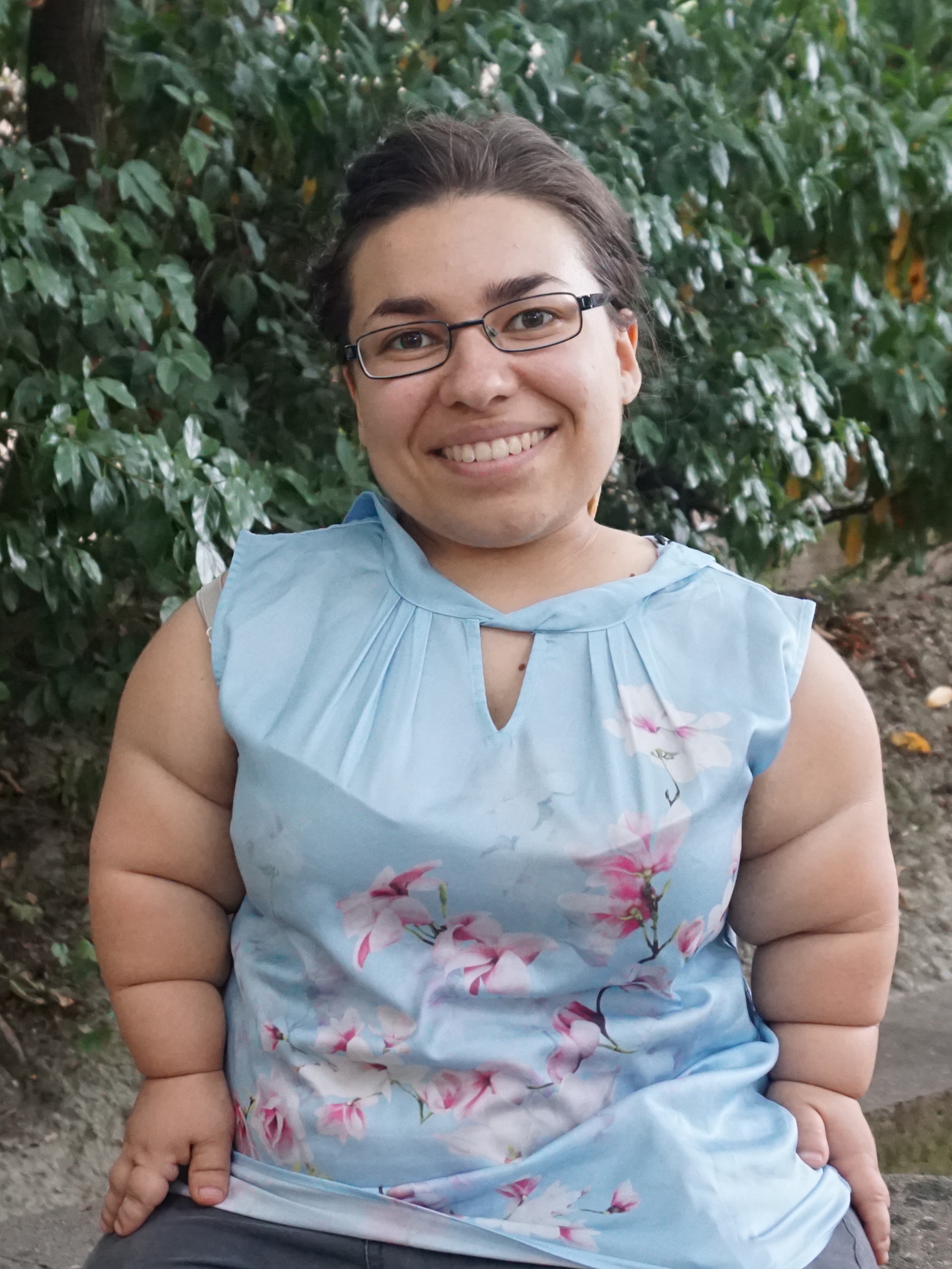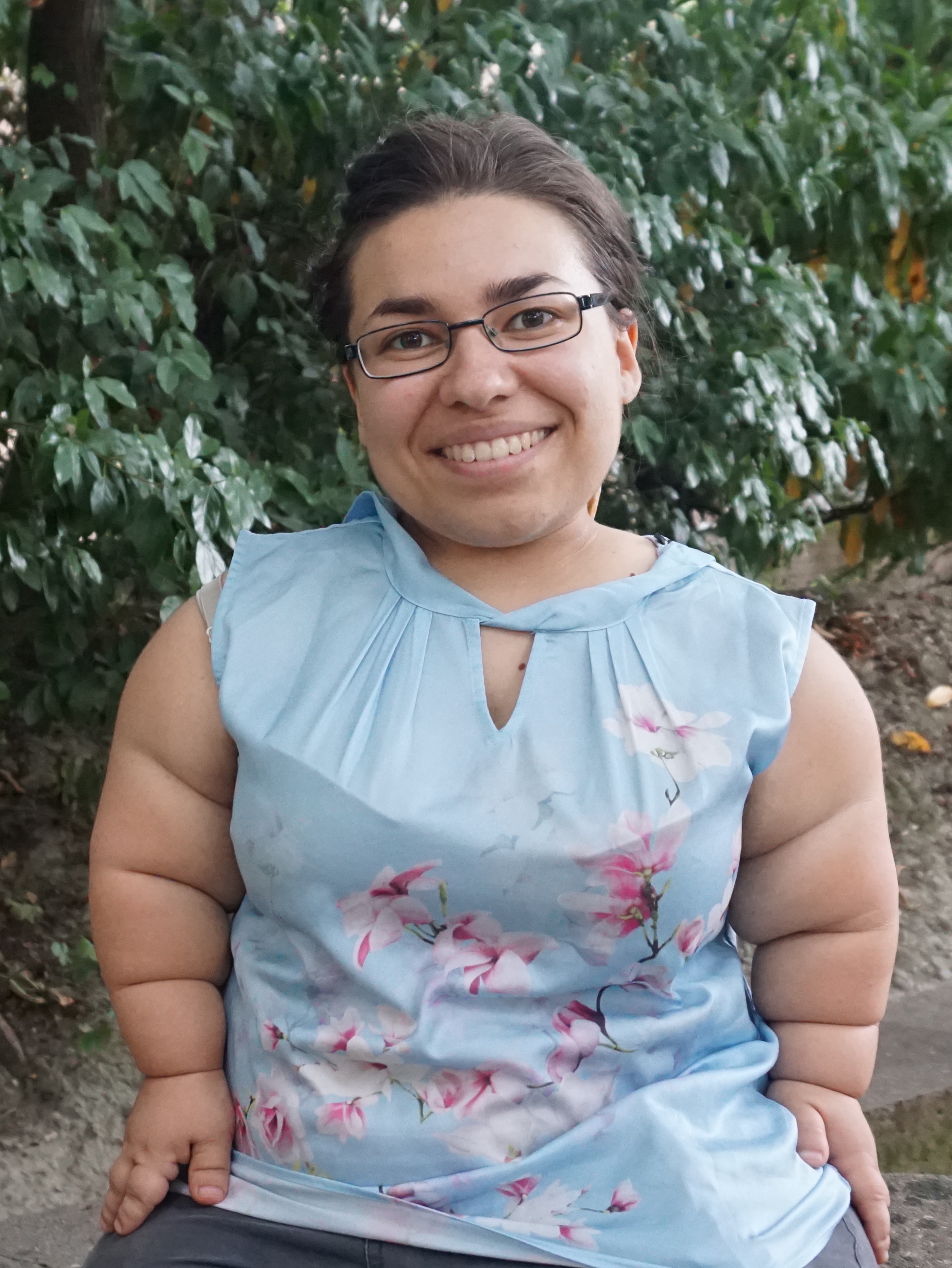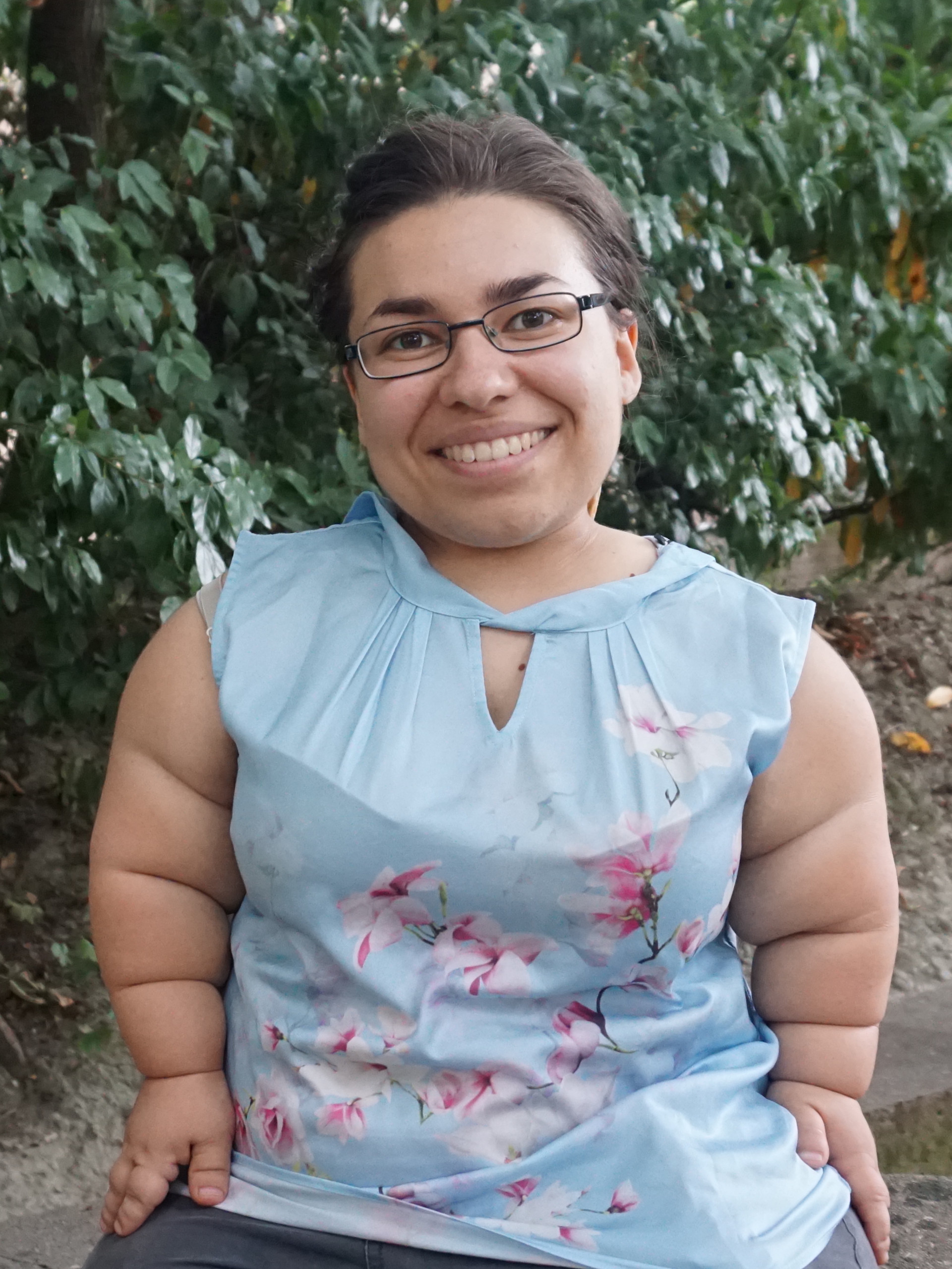Why climate change is especially hard on people with disabilities


May 5 is a European day of protest for the equality of people with disabilities, an issue that is also relevant in the context of climate change. Although they are particularly hard-hit by the effects of climate change, people with disabilities are systematically ignored in climate policy, whereas they really ought to be included more and protected better. The situation could be improved with accessible information, targeted communication and more research.
There are various reasons why people with disabilities are particularly affected by climate change. To evacuate people with disabilities in emergencies caused by extreme weather events that may be more common in the future, rescuers will often need special expertise or equipment. However, these special requirements are often neglected in emergency and evacuation planning. In extreme cases, the result can be a tragedy like the drowning of 12 people at a supported living center during the Ahr Valley flood disaster. Depending on the type of disability, they are also especially susceptible to heat waves, water shortages and other health hazards exacerbated by climate change, such as allergy-induced asthma resulting from unusually high pollen levels. Moreover, due to systemic discrimination (also known as ableism), people with disabilities often have fewer resources to deal with the potentially negative effects of climate change. For example, they would be faced with greater financial and organizational obstacles when moving to a different neighborhood.
Inclusion missing in climate action worldwide
All countries are obligated to protect human rights and to take people with disabilities into account in their policies. A study by McGill University in Canada compared the nationally determined contributions (NDC) to climate action by governments worldwide. The analysis by Jodoin et al. found that with regard to adapting to the effect of climate change, only 37 of 192 NDCs mention people with disabilities at all. Of those, only 14 name specific measures. The authors concluded that government policy “systematically ignores” people with disabilities worldwide.
Even though it is rich and industrialized, Germany is one of the countries that does not set a good example. In contrast to Zimbabwe and Panama, for example, Germany makes no mention at all of people with disabilities in its NDCs. What can be done to improve things?


Make information accessible and enable participation of people with disabilities
Author and expert Andrea Schöne criticizes the current situation, saying: “A lot of information is unavailable to people with disabilities because it is not accessible. We need easy access to information about climate change and emergency management in easy German. That would help everybody.” Compared with other countries, Schöne says, Germany is just getting started when it comes to including people with disabilities in discussions about climate change. According to Schöne, access to education and information is only one of the conditions for political and social participation. She says people with disabilities need to be included more in issues of climate justice. For example, it could be helpful to reserve places for them on committees deciding on new policies or to found a new organization for political lobbying. The issue could thus gain mainstream awareness and help to ensure that the needs of people with disabilities are considered in future policymaking. International dialogue would also be helpful, especially with the even more strongly affected people with disabilities from the Global South or from indigenous communities.
More research on special needs required
People with disabilities are the world’s largest marginalized group. However, the wide range of different disabilities makes it impossible to accommodate all of them in planning. “We need to know more about how climate change can affect people with different kinds of disability, how extreme weather events will affect them, and the ways in which they are most vulnerable,” says Dr. Sasha Kosanic, a physical geographer at Liverpool John Moores University who researches and teaches on the effects of climate change on ecosystems and society, and in particular on especially vulnerable groups. There is too little concrete data and research on the subject, and people with disabilities also have a weak lobby in the scientific system, according to Kosanic.
“People with disabilities are not at the table during planning and decision-making now, and that has to change,” Kosanic says. They should be consulted as experts. Local organizations and interest groups are especially well qualified to identify and jointly advocate for the needs of their members. But making successful policy out of that requires good coordination, according to Kosanic. This is the only way to prevent the hidden discrimination that can result when measures are planned without the people they are intended to benefit – the measures have no positive effect, or even a negative impact.
People with disabilities also need to be included when new regulations and technical solutions for stronger climate protection are planned. Otherwise, their lives can suddenly become much more difficult, as in the case of the recent no-exceptions ban on plastic straws, which was a big problem for many affected people, as were EV charging stations that were not wheelchair-accessible. Only in this way can new climate protection measures be designed to lessen everyday discrimination against people with disabilities rather than increasing it. For climate action, the slogan of the UN Convention on the Rights of Persons with Disabilities also applies: “Nothing about us without us.”


